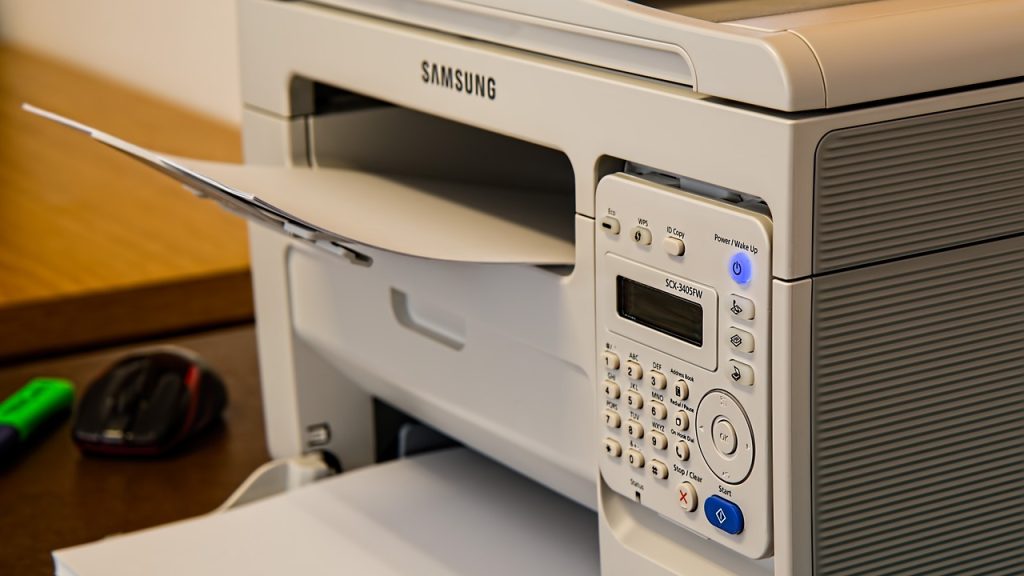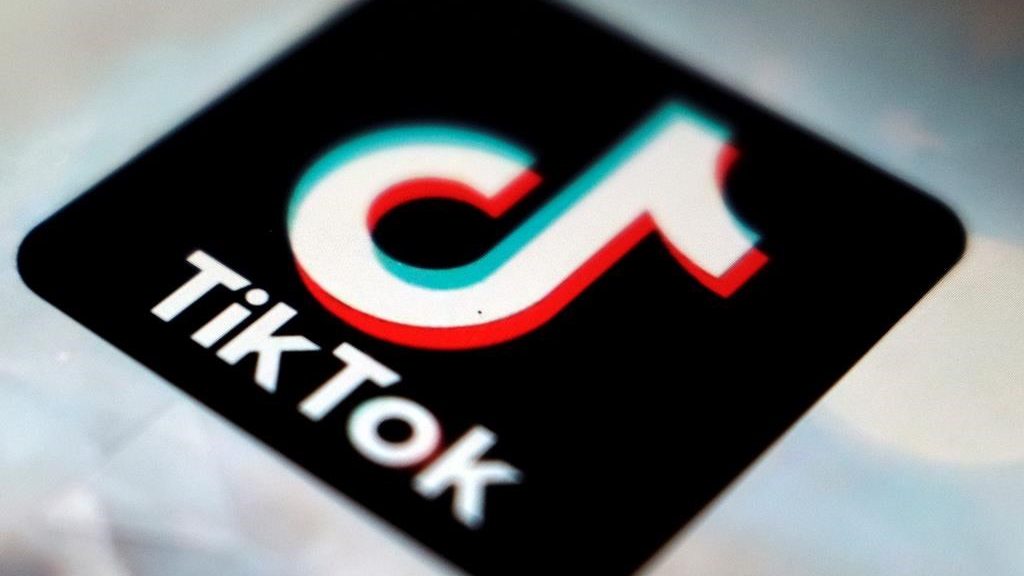Report highlights desperate need for Canada to modernize current health records system

Posted January 30, 2024 5:15 pm.
Last Updated January 30, 2024 5:16 pm.
A new report from the non-profit Public Policy Forum says Canada’s health records should be made digital and accessible to all members of a patient’s care team by 2028 to improve the system.
The organization says the current handling of health records is outdated and it is easy for information and referrals to get lost. The organization says doctors and clinics need to stop using fax machines.
“This is 2024, not 1994 or 1984. Why are we still using fax machines?” asked Dr. Kashif Pirzada, an Emergency Doctor in Toronto.
Last year, Ontario’s government committed to “axing the fax” by replacing antiquated fax machines with digital communication alternatives at all Ontario healthcare providers within the next five years. Dr. Pirzada says it’s extremely frustrating.
“Especially trying to get specialist consults for your patients. You send a fax, you hope that they get it, you hope they respond, and you don’t know if anything actually happens. You have to wait, pray and it takes weeks for this to happen. A lot of stuff could get missed, a lot of stuff could happen, and you don’t have any reliability in that system,” explained Dr. Pirzada.
Winnipeg Family Physician Dr. Pravinsagar Mehta says he went electronic with his patient’s records back in 2012 and has worked well on his end – but with the system remaining outdated, he still has to use the fax machine to send out prescriptions, consults and receive reports.
“We are behind other countries in terms of digitizing our records and making it universal electronic medical records which would be ideal,” said Dr. Mehta.
Steven Staples, the national director of policy and advocacy with the Canadian Health Coalition, says making patients’ records digital will improve care, reduce wait times, and will improve the patient-physician relationships.
“It’s just a no-brainer and it’s something that the federal government has been putting money on the table for the provinces to get on board, it is just some of the provinces have been dragging their feet on this,” explained Staples.
Last year, Ottawa announced it is spending more than $200 billion over 10 years for provinces to improve health care. So far, only Alberta, B.C., P.E.I. and most recently Nova Scotia have signed onto the deal.
“Having access to your own health information, we know, is something that really helps us navigate our own health. It helps us to know what medication we are on, what we need to take, make sure that we are keeping track of lab test results and other information. It can actually help support safer care as well,” said Jennifer Zelmer, President & CEO of Healthcare Excellence Canada.
Dr. Kathleen Ross says this is a critical modernization step that the Canadian healthcare system needs to undergo.
“It is critically important that we leverage our digital world to try and share information as necessary when we are trying to seek health care,” said Dr. Ross.
“In the health care system in Canada, we are lagging behind many other jurisdictions in modernization of how we collect and use patient data.”
Manitoba Premier Wab Kinew says modernizing the system will help maintain and recruit staff.
“We have to move beyond fax machines, paper charts, pagers, and these other systems that are being used in some of our biggest hospitals today, and we need to use modern technology,” stated Kinew.








